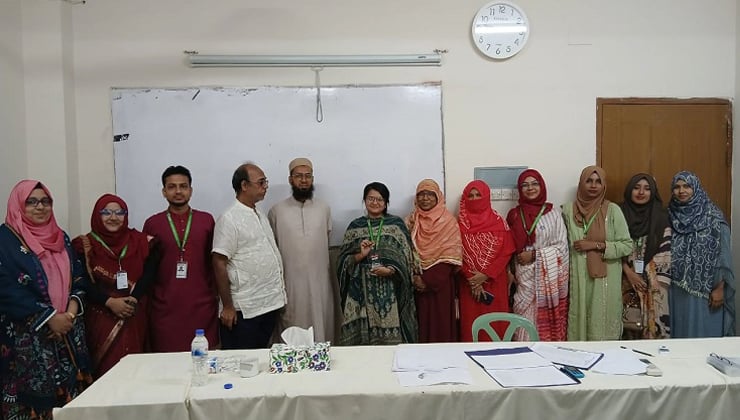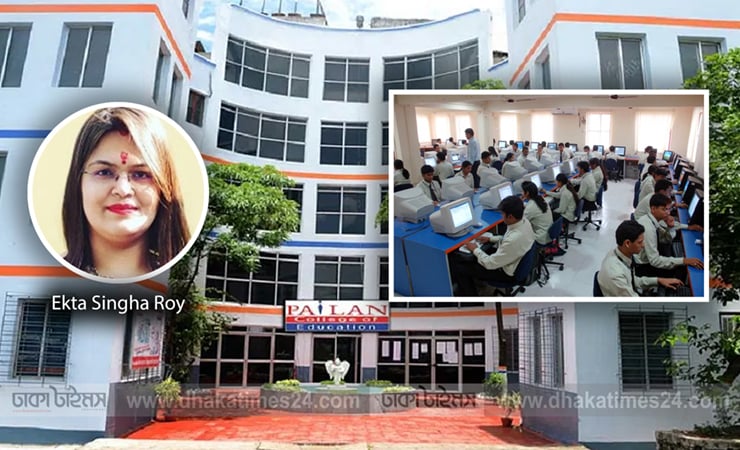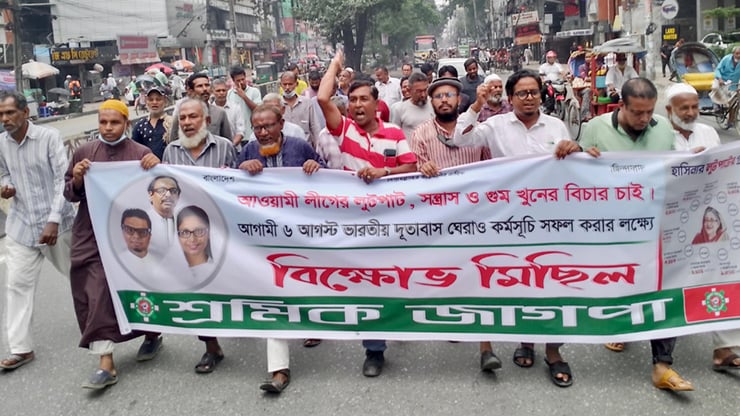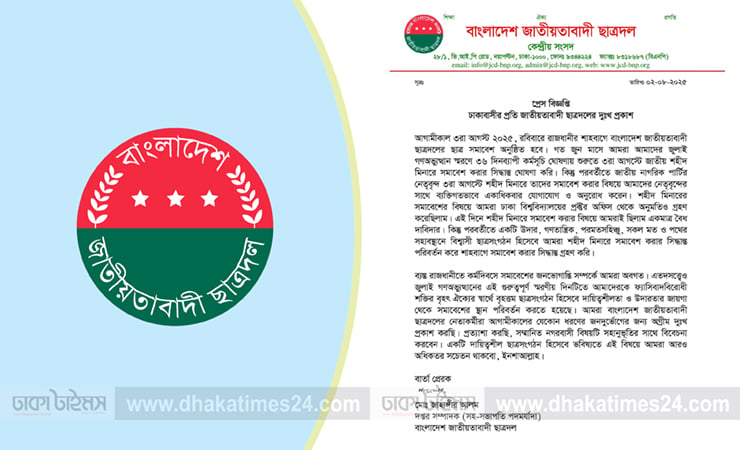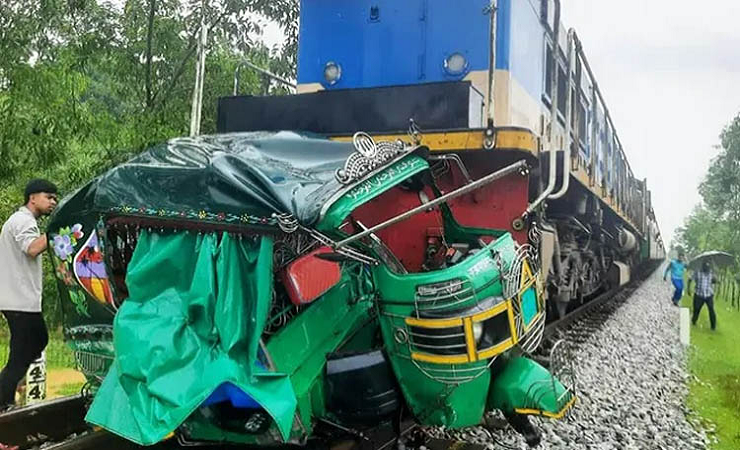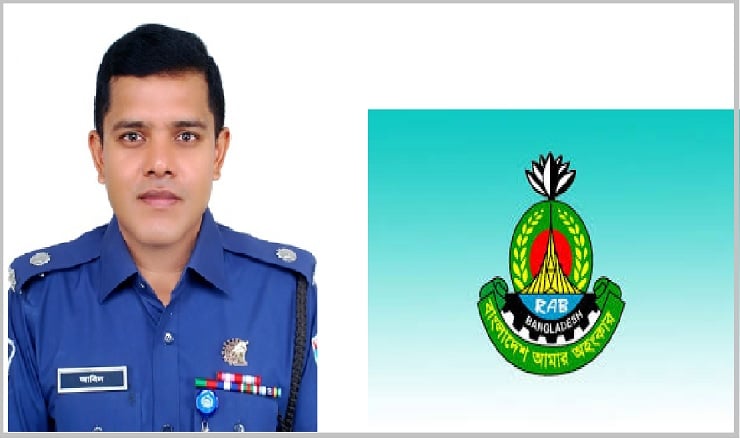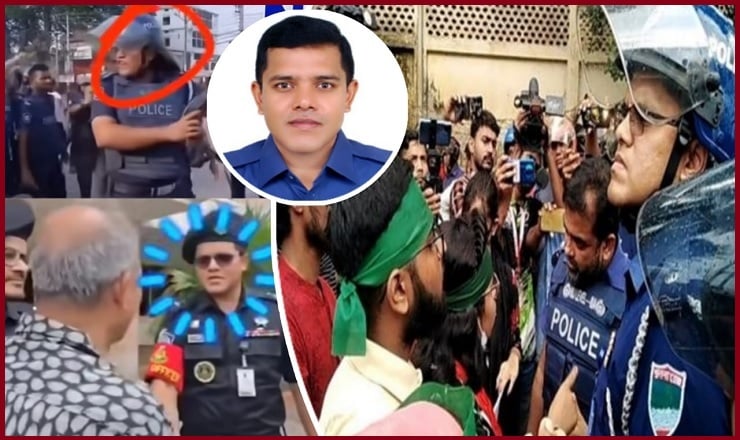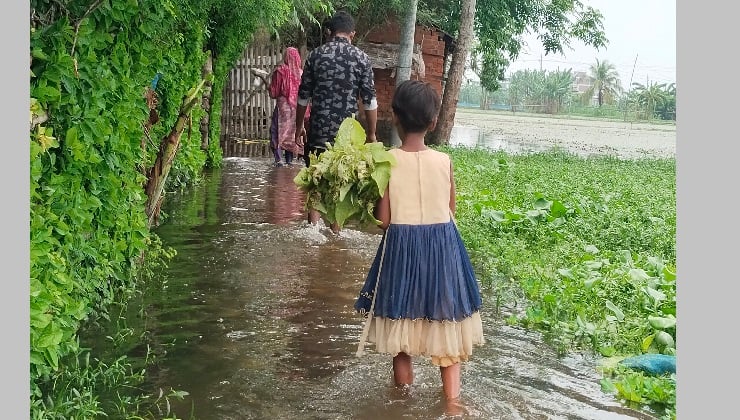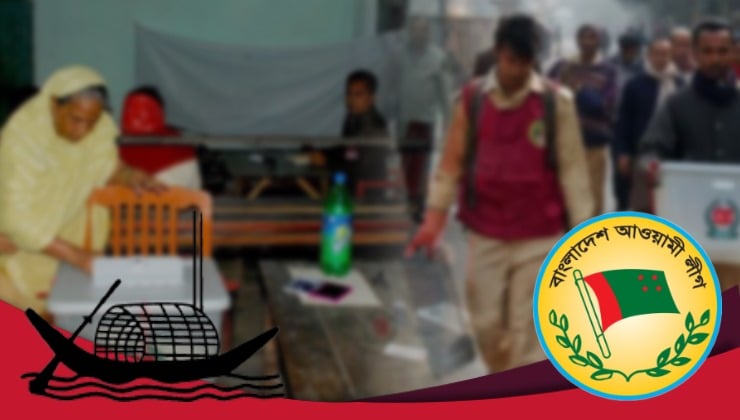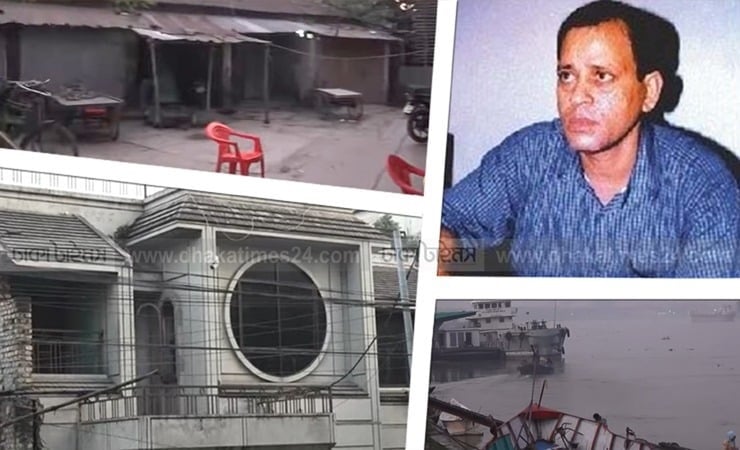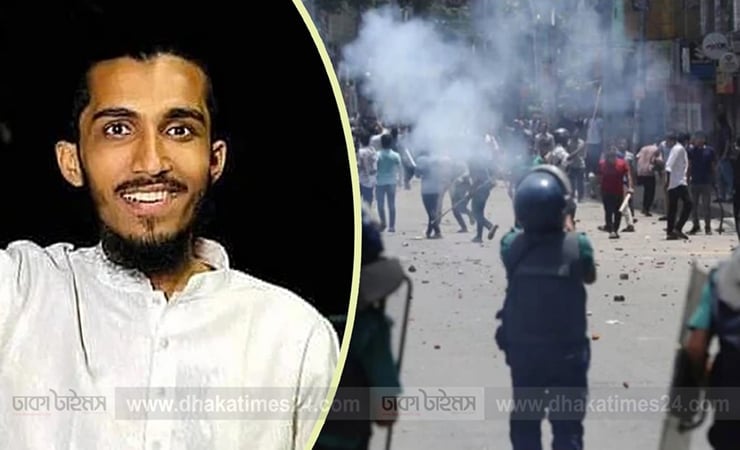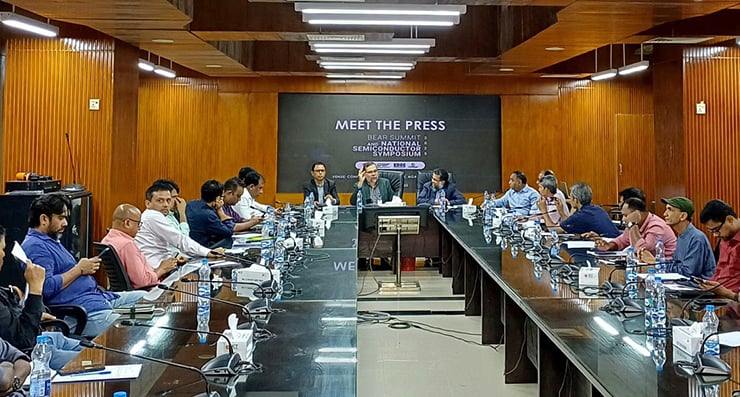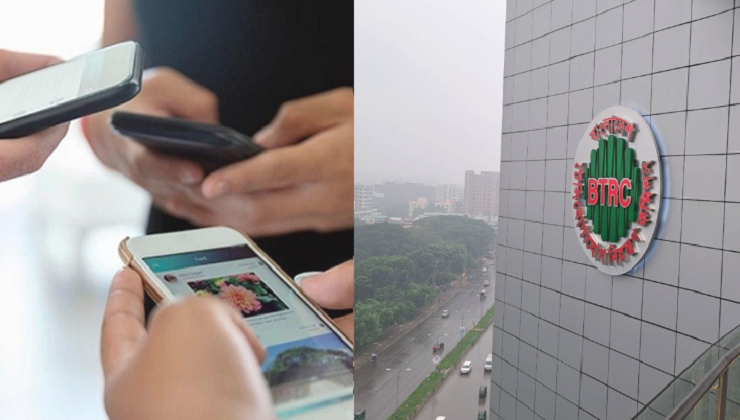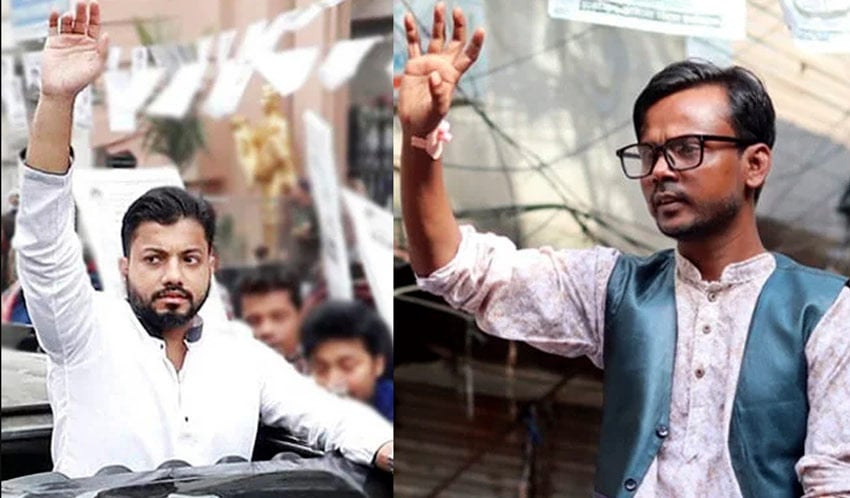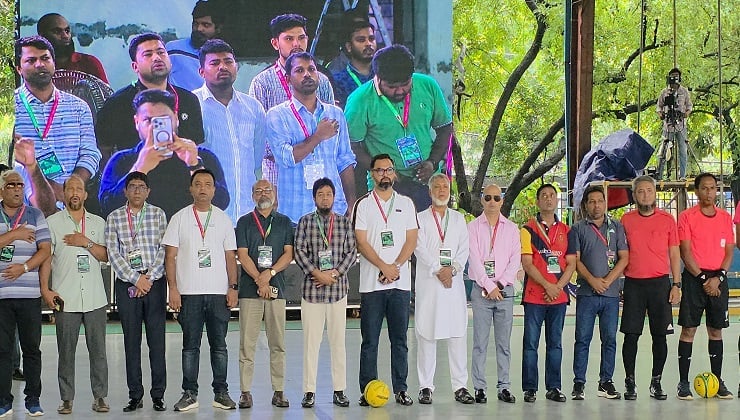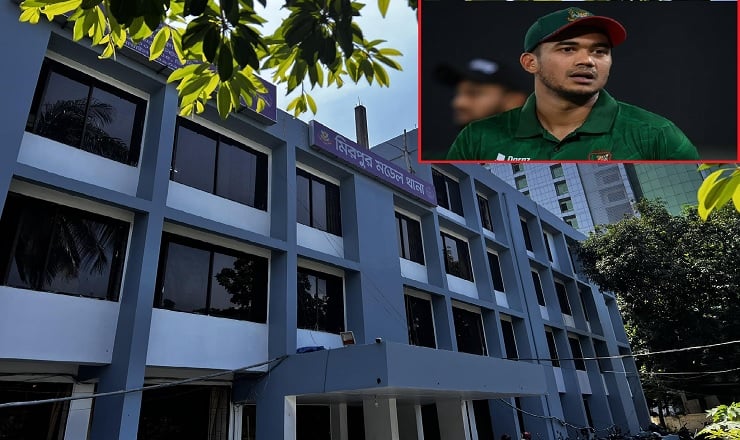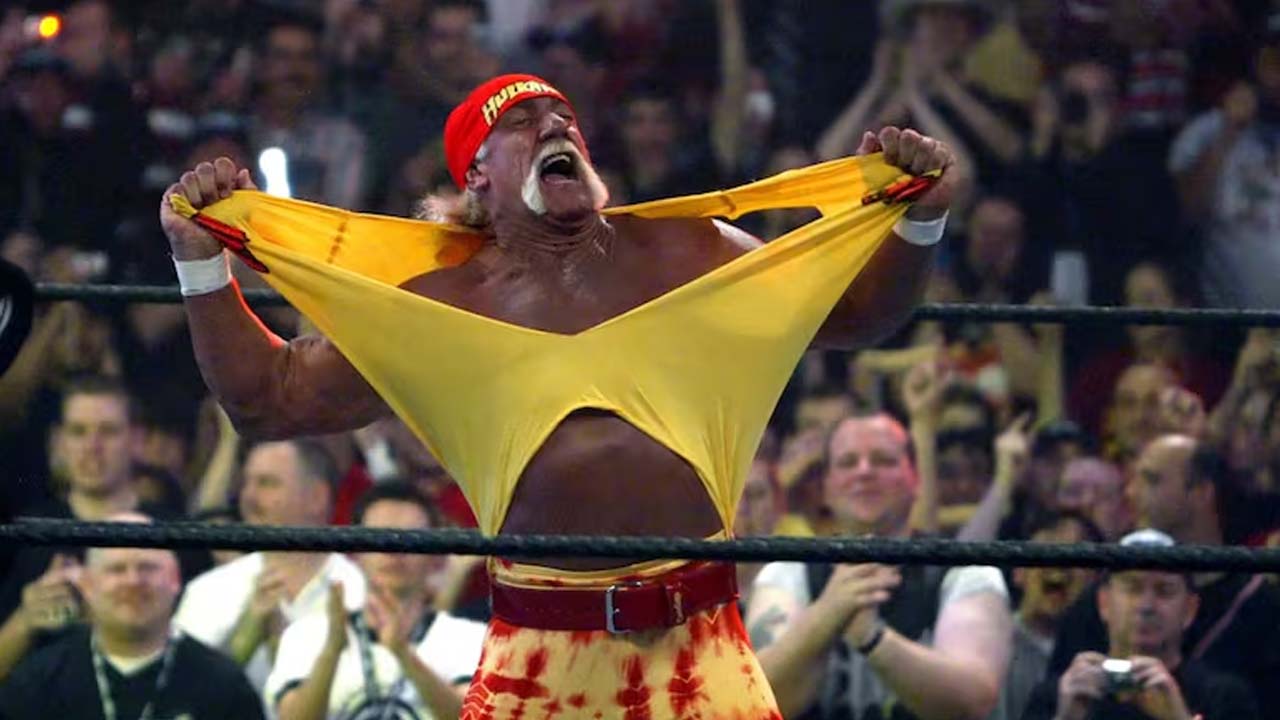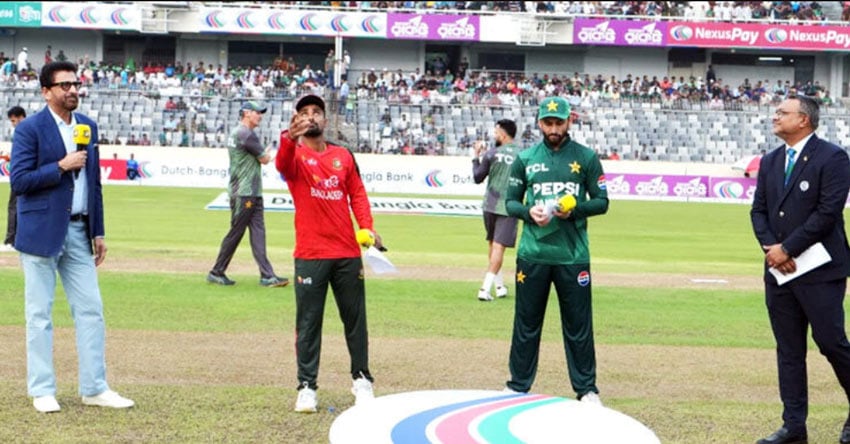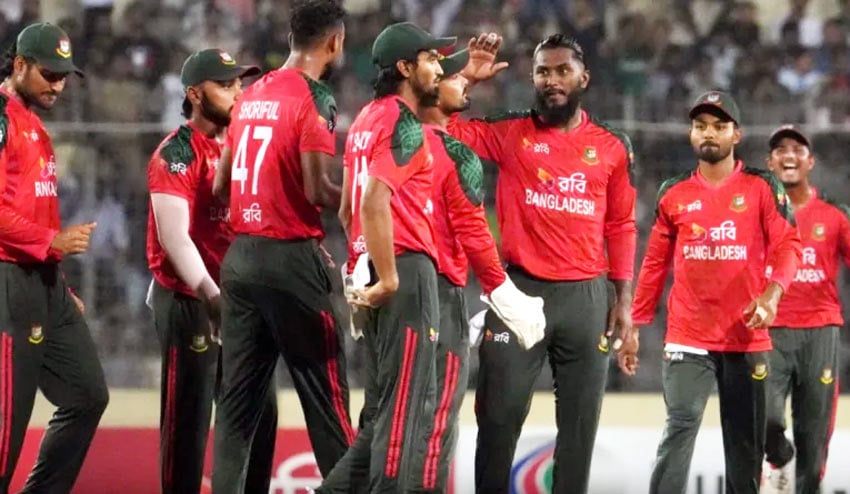Breaking the Silence: Addressing the epidemic of Child Rape -A curse for humanity
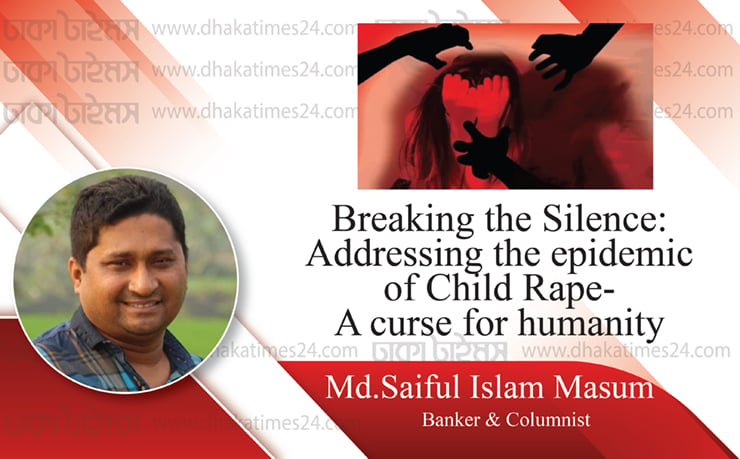
The heinous crime of child rape is one that sends shockwaves through society, leaving a trail of devastation and trauma in its wake. It is a crime that shatters innocence, destroys lives, and scars victims for a lifetime. Yet, despite the grave consequences of this abhorrent act, it continues to plague our society, robbing children of their innocence and leaving families shattered.
The horrific crime of child rape is a curse that plagues humanity, shattering innocence, destroying lives, and leaving scars that may never heal. It is a vile act that not only inflicts physical and emotional trauma on the victim but also echoes through society, breeding fear, distrust, and despair. As a society, we are responsible for protecting our most vulnerable members, yet the prevalence of child rape serves as a stark reminder of our collective failure to uphold this fundamental duty.
Child rape is a crime that knows no boundaries. It occurs in all corners of the world, across all socio-economic classes, and within all communities. This insidious crime does not discriminate based on race, gender, or religion. It preys on the most vulnerable members of society – our children.
The statistics on child rape are staggering and alarming. According to a report by the World Health Organization, an estimated 1 in 5 girls and 1 in 13 boys worldwide have experienced sexual abuse as children. These numbers are not just statistics – they represent real children whose lives have been irreparably damaged by the actions of predators.
The perpetrators of child rape are often individuals entrusted with the care and well-being of children – family members, teachers, religious leaders, or strangers who exploit the trust placed in them. These acts of betrayal sow seeds of doubt and fear in the hearts of children, robbing them of their sense of safety and security. The scars left by such heinous crimes run deep, often manifesting as lifelong trauma, mental health issues, and profound emotional distress.
The effects of child rape are profound and long-lasting. Victims of this crime often suffer from physical injuries, psychological trauma, and emotional scars that can last a lifetime. Many victims struggle with feelings of shame, guilt, and self-blame, leading to a cycle of self-destructive behavior and mental health issues.
Beyond the immediate impact on the victim, child rape also has far-reaching consequences for families and communities. Parents are left devastated, grappling with feelings of guilt and helplessness as they try to come to terms with the fact that their child has been violated. Siblings may feel a sense of betrayal and confusion, struggling to understand how someone could have harmed their loved one in such a horrific way. The ripple effects of child rape can be felt throughout the entire community, leaving a trail of pain and suffering in its wake.
Despite the devastating impact of child rape, it continues to be a pervasive issue that is often shrouded in secrecy and silence. Many victims are afraid to come forward and report the crime due to fear of stigma, shame, or retaliation. In some cases, perpetrators may use their power and influence to intimidate victims into silence, further perpetuating the cycle of abuse.
As a society, we have a moral obligation to protect our children and ensure their safety and well-being. We must break the silence surrounding child rape and shine a light on this dark and disturbing issue. It is only through open dialogue, education, and advocacy that we can begin to address this epidemic and prevent future generations from falling victim to this heinous crime.
The impact of child rape extends far beyond the immediate victim, affecting families, communities, and society at large. It erodes trust, fuels stigma and shame, and perpetuates cycles of violence and abuse. The silence and stigma surrounding child rape often prevent victims from seeking help, compounding their suffering and allowing perpetrators to continue their reign of terror unchecked.
The justice system, too often, fails to deliver swift and effective justice in cases of child rape. Legal loopholes, systemic biases, and societal attitudes that blame victims instead of holding perpetrators accountable create a culture of impunity that emboldens predators and leaves survivors without recourse. The lack of adequate support services for survivors further compounds their trauma, leaving them to navigate a complex and hostile system on their own.
As a society, we must confront the scourge of child rape with a unified front, demanding justice, protection, and support for survivors. We must break the cycle of silence and shame that allows this insidious crime to thrive and create a culture of openness, empathy, and accountability. We must educate our children about their rights, boundaries, and the importance of speaking out against abuse. We must empower parents, teachers, and caregivers to recognize the signs of abuse and intervene effectively. And we must hold perpetrators accountable, ensuring that they face the full force of the law for their despicable actions.
Law enforcement agencies, policymakers, and community leaders must work together to strengthen laws and policies aimed at protecting children from sexual abuse. This includes implementing comprehensive prevention programs, increasing resources for victim support services, and holding perpetrators accountable for their actions. It is imperative that we send a clear and unequivocal message that child rape will not be tolerated in any form and that those who commit this crime will face swift and severe consequences.
Together, we can create a world where children are safe, protected, and valued, where the curse of child rape is banished forever. It is our collective responsibility to stand up against this evil.
Child rape is an egregious crime that has devastating consequences for victims and society as a whole. The following are some statistics and research findings that highlight the severity of the issue and the importance of addressing it:
According to the World Health Organization (WHO), an estimated 15 million girls and 8 million boys worldwide have experienced sexual abuse before the age of 18.A study conducted in 2017 by the Centers for Disease Control and Prevention (CDC) found that approximately 1 in 4 girls and 1 in 13 boys in the United States experienced sexual abuse during childhood. These numbers, however, are likely an underestimation as child rape is vastly underreported due to fear, shame, and lack of support.
Child rape has severe long-lasting effects on victims, including physical, emotional, and psychological trauma. Survivors of child rape are at an increased risk of developing mental health disorders such as depression, anxiety, post-traumatic stress disorder (PTSD), and self-harm. Research has also shown a link between childhood sexual abuse and various negative outcomes later in life, such as substance abuse, risky sexual behaviors, and revictimization.
Perpetrators and Context:
Child rape is often perpetrated by individuals known to the victims, such as family members, relatives, friends, neighbors, or authority figures. The close relationship between perpetrators and victims can exacerbate the trauma and make reporting even more challenging for survivors.
A study published in the Journal of Interpersonal Violence found that most child rape cases occur within the context of ongoing coercive relationships, rather than being isolated incidents.
Challenges in Justice System:
The criminal justice system often fails to provide justice for survivors of child rape, in part due to legal loopholes and systemic biases.In many jurisdictions, laws regarding age of consent, marital rape, and evidence standards may impede prosecution and conviction of child rape cases. Moreover, societal attitudes and victim-blaming further perpetuate a culture of silence and hinder survivors from coming forward.
The impact of child rape extends beyond individual victims, affecting families, communities, and society as a whole. The perpetuation of cycles of abuse can lead to a generational impact, as survivors may struggle with parenting and be at a force of preventing child abuse at every step.
In conclusion, child rape is a curse upon humanity that must be eradicated. It is a crime that destroys innocence, shatters lives, and perpetuates a cycle of pain and suffering. As a society, we must stand together and take decisive action to protect our children and ensure that they can grow up in a safe and nurturing environment free from the threat of sexual abuse. Only by working together can we hope to end the scourge of child rape and ensure a brighter future for all children.
Writer: Banker & Columnist
 ঢাকা টাইমস অনলাইন এর সর্বশেষ খবর পেতে Google News ফিডটি ফলো করুন
ঢাকা টাইমস অনলাইন এর সর্বশেষ খবর পেতে Google News ফিডটি ফলো করুন
মন্তব্য করুন






